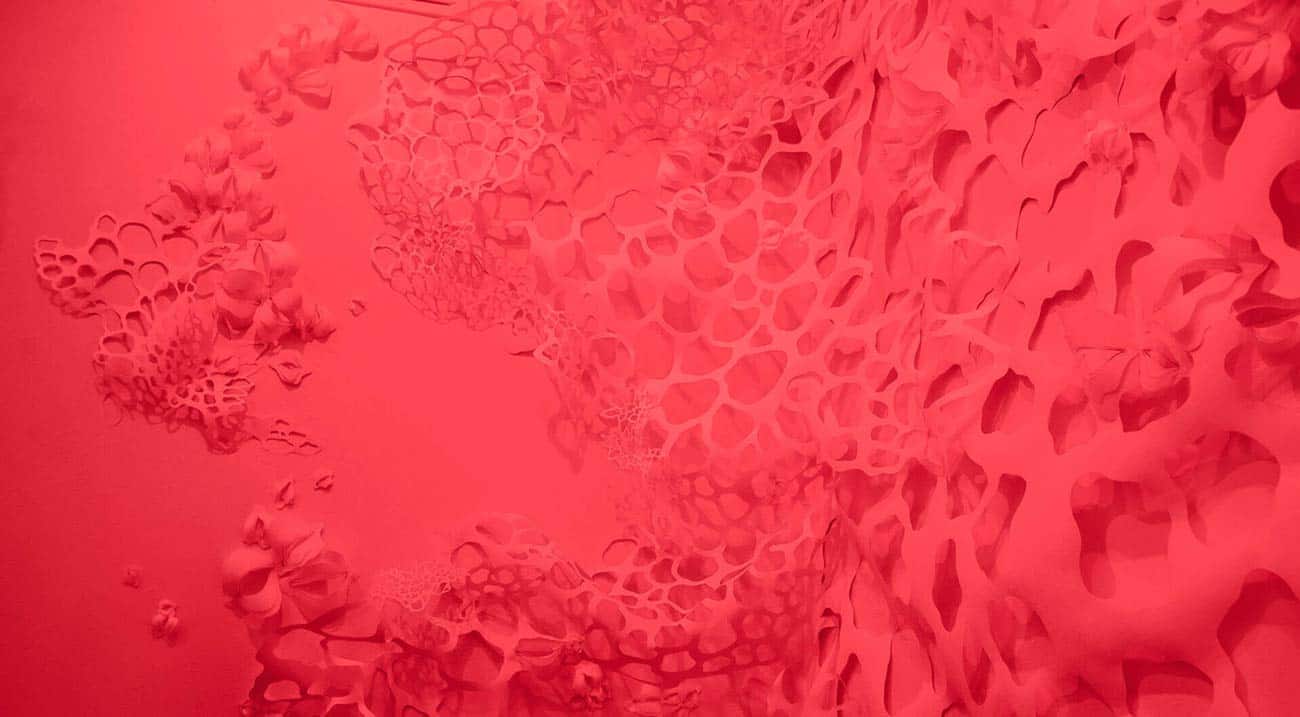
Ancestor cell or precursor cell are generic term for a cell that has no capability to renew itself, although it has been found to generate tissue stem cells in some cases, thus contributing to the formation of tissues.
Both “ancestor cells” and “precursor cells” are terms that refer to cells from which other cells are derived, but their usage and context can vary. Let’s break down each term:
While both terms refer to cells from which other cells are derived, “ancestor cells” often have an evolutionary or broader developmental connotation, tracing back to a common origin of multiple cell types or species. In contrast, “precursor cells” are typically used in a more immediate developmental context, referring to cells that are direct antecedents to specific, more differentiated cell types.
If you've seen people take ice baths or cold showers and wondered if they're onto… Read More
Immunomodulation stands at the forefront of biomedical research, steering the immune system's ability to fight… Read More
Stem cell research leads the charge in medical innovation, heralding revolutionary advances in regenerative medicine.… Read More
The blood-brain barrier (BBB) is a crucial shield for the brain, regulating the entry of… Read More
While peptide bonds are fundamental to protein structure, their direct relationship with stem cells lies… Read More
When discussing cutting-edge cancer treatments, NK cell therapy stands out due to its unique approach… Read More